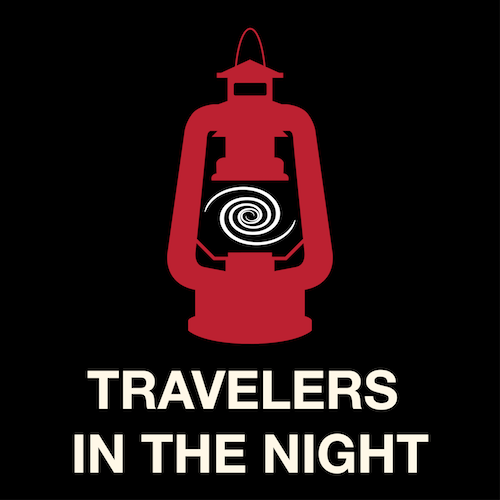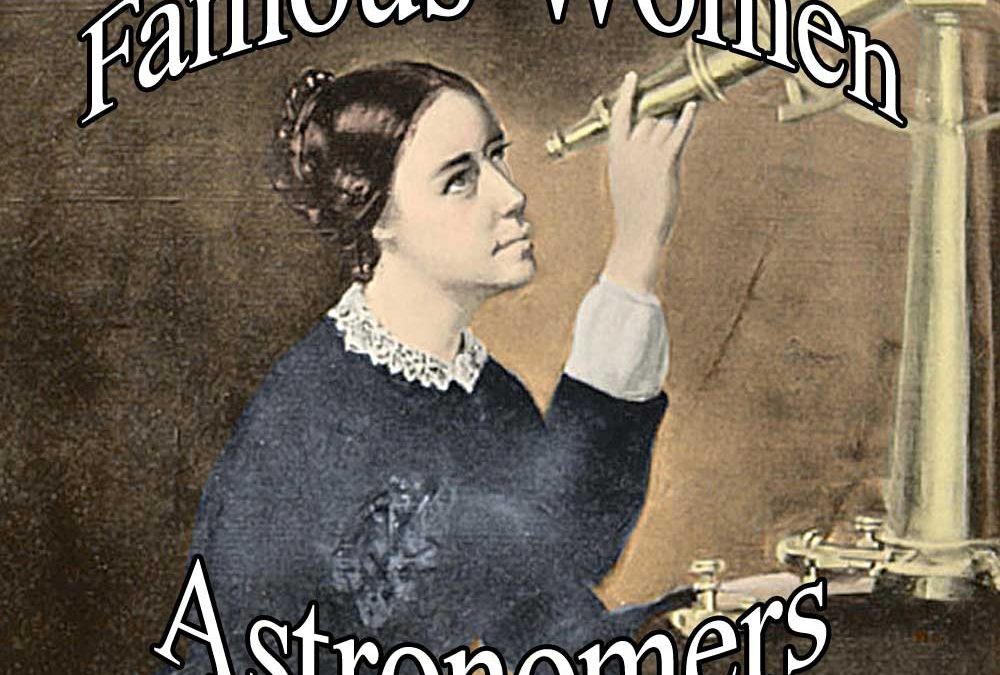Just like Brothers Grimm’s kissing the frog fairy tale, this software by Frank Shelly also helps us to find Earth approaching asteroids. More of it & AAVSO monitoring program at #365DaysOfAstro


Just like Brothers Grimm’s kissing the frog fairy tale, this software by Frank Shelly also helps us to find Earth approaching asteroids. More of it & AAVSO monitoring program at #365DaysOfAstro

Today Travelers in the Night will discuss about a 5 football field diameter asteroid which is near to the Sun as Venus. And establishment of standard stars to calibrate the measurement of the brightness of objects in space.

Today we feature Cecilia Payne-Gaposhkin, woman astronomer & astrophysicist who proposed that stars were composed primarily of hydrogen and helium.

As part of her trip to England, Pamela had a chance to sit down with Oxford astrophysicist Chris Lintott and record an episode of Astronomy Cast. From the first stars to the newest planets, molecules and the chemistry that allows them to form affects all aspects of astronomy. While most astronomers group molecules into three bins of hydrogen, helium and everything else, there are a few who do proper chemistry by studying the sometimes complex molecules that form between the stars.

This week we’re going to talk about famous stars. We’re talking about those hot balls of plasma across the distant Universe. #365DyasOfAstro

Time rules our lives. We live each day with the moments broken up into hours, minutes and seconds. But can you imagine not being able to tell time at all, where the movements of the Sun and the stars was the only way to know when it was? Let’s learn about time.

Today @CheapAstro is full of stars. What do different pulsar frequencies mean? How are stars named? Find out the answer at #365DaysOfAstro


What’s the difference between a “dwarf” and “giant” star? How are stars born? What happens when stars die? I discuss these questions and more in today’s Ask a Spaceman!

The biggest black hole ever seen?
What’s the difference between planets and stars? Are particles inside of spacetime? Why can’t we communicate faster than light? @PaulMattSutter will discuss this topic at #365DaysOfAstro